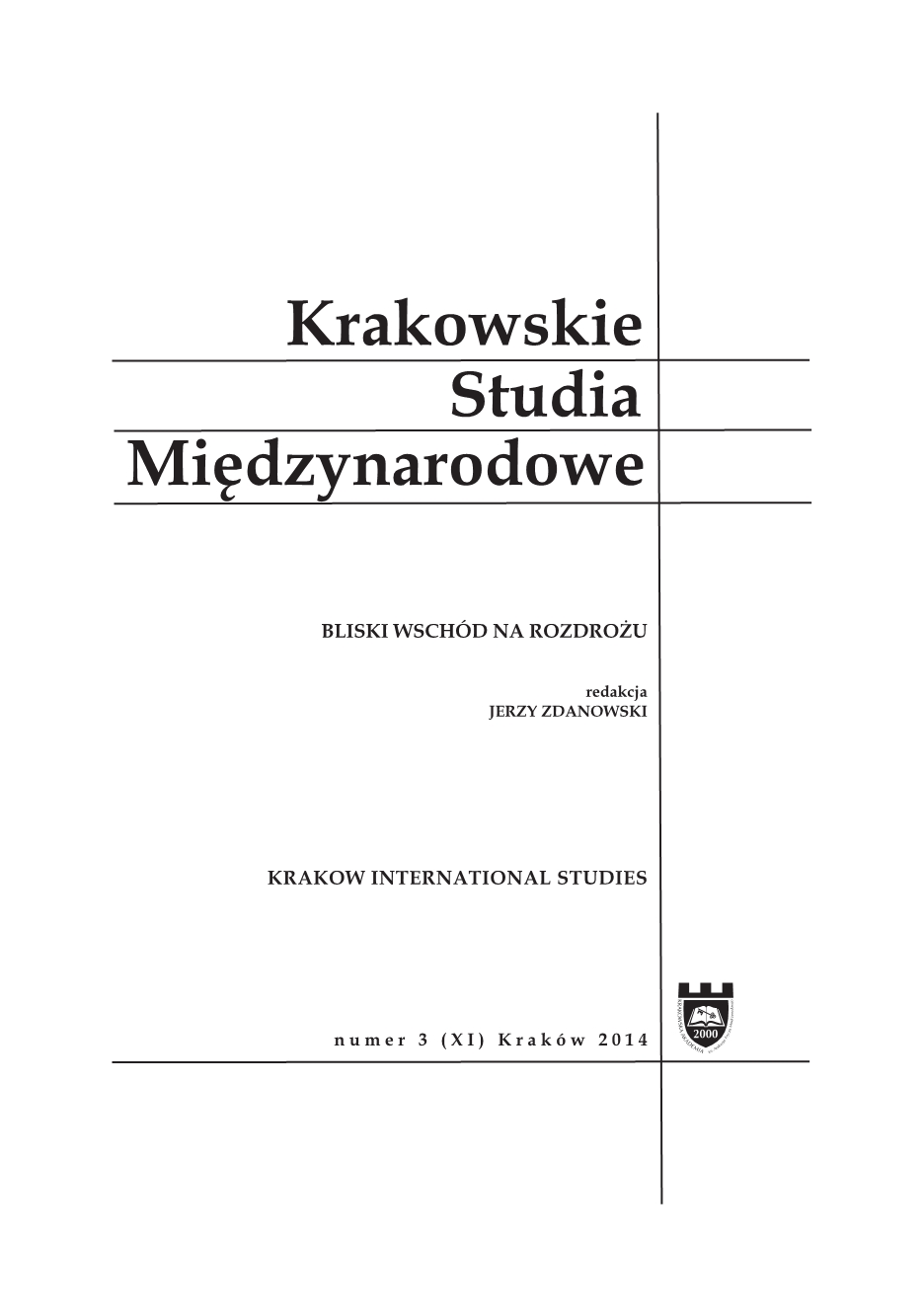
We kindly inform you that, as long as the subject affiliation of our 300.000+ articles is in progress, you might get unsufficient or no results on your third level or second level search. In this case, please broaden your search criteria.

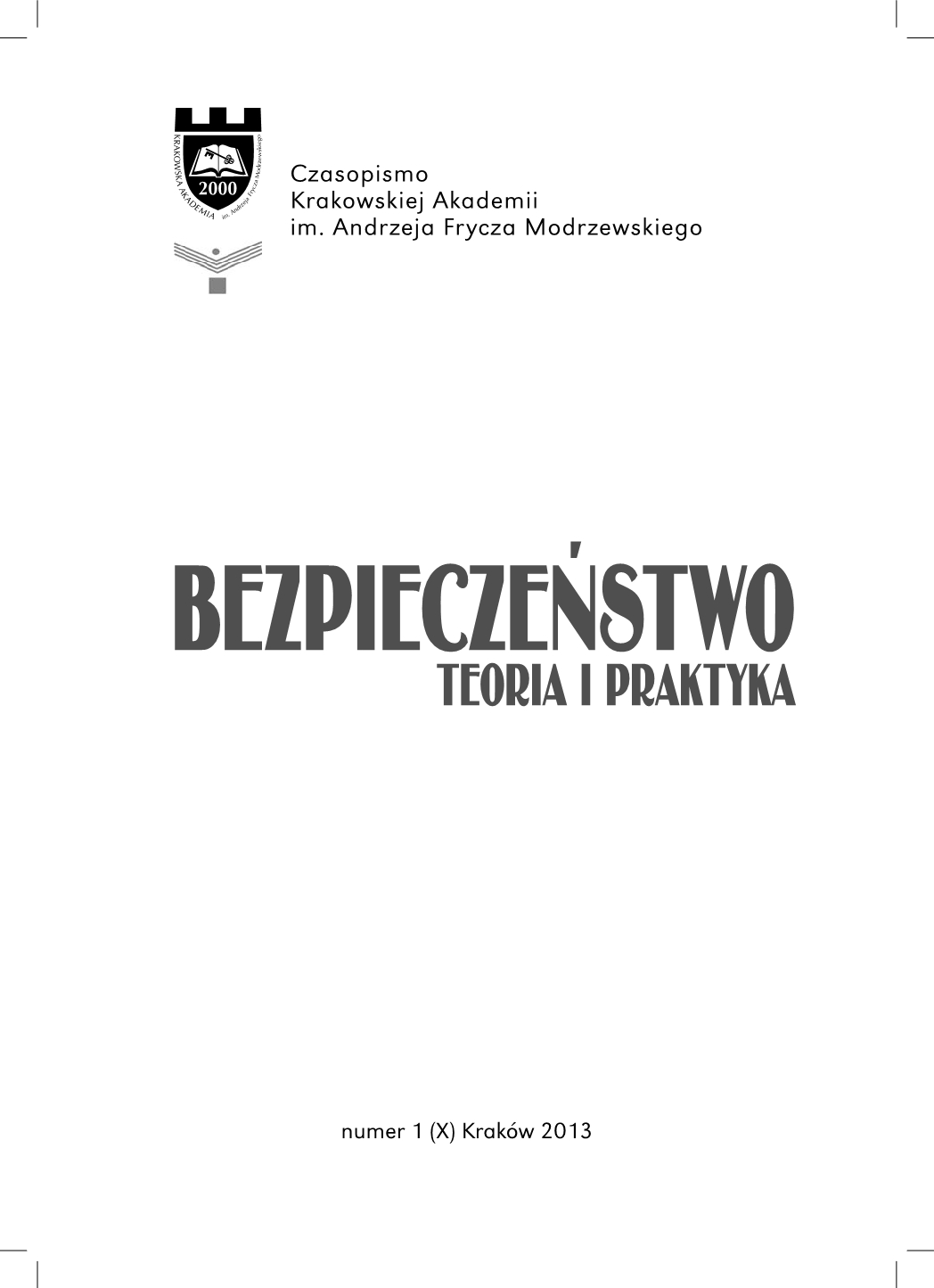
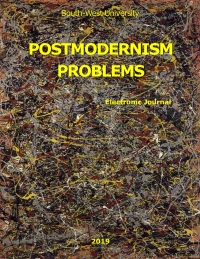
Spread around the world due to its variety and presence of various scientific, cultural and philosophical movements since the Islamic revival Islamic culture laid the foundation for many new directions of human development and enriched its spiritual and cultural heritage. From this point of view in nowadays Sufism has got a great importance and carefully studied. The author notes that the concepts of Sufis of the early tasawwuf period Bayazed Bistami and Junade Baghdadi were systematized later in a more perfect form by Imam Ghazali and Seyyid Yahya Bakuvi. One of the most important persons in the history of Sufism was ibn Arabi, the follower of the era after Gazali and the creator of the philosophical tasawwuf.The author emphasizes that the theory of wahdati-wujud created by Gazali left a deep mark on the world philosophical heritage and became the basic of the great Tasawwuf tradition (Morewedge 1995).According to researches Khalwatiyya created by Bakuvi (died in 1463/1464) in Azerbaijan and widely spread in many countries is one of the most important movements in Islam. Bakuvi was a student and follower of the first founder of this movement Omar al Khalvati Shirvani known as Piri-Avvali.
More...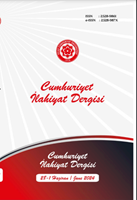
The European Council for Fatwa is a scholarly institution comprising a number of distinguished scholars, the majority of whom are based in the West. These scholars are familiar with both the Shari'ah evidences and associated problems. The Council was established in 1997 under the chairmanship of Yusuf al-Qaradawi (1926-2022). Since then, the Council addressed significant jurisprudential issues, particularly those pertaining to Muslims residing in the West and markedly distinct from the challenges observed in Muslim-majority countries. Its resolutions and fatwas have served as a reference point for both Muslims residing in these countries and other Muslims confronting analogous challenges. Moreover, the Council has emerged as a prominent scholarly authority on Islamic jurisprudence. Since its establishment, numerous studies have been conducted in various languages, including academic studies, on the structure of the Council and the fatwa method it follows in the context of general or specific issues such as transactions. At the meeting Istanbul in 2023, the Council devoted a significant portion of the proceedings to a comprehensive review of its activities and the criticisms directed against it. The meeting also saw the presentation of numerous papers that evaluated the Council from a variety of perspectives. To serve the same purpose, this study has been written to critically evaluate the method followed by the Council in issuing its fatwas in the context of the rules of fiqh and fatwa procedure. The evaluation is limited to the conditions of scientific competence and justice required of the mufti for a fatwa to be considered valid. In this context, an introduction was provided regarding the contribution of the fiqh councils to the science of fiqh. This was followed by a brief overview of the Council, highlighting its distinctive features and the ways in which it differs from other fiqh councils, particularly in terms of its approach to the field of "minority fiqh". The conditions necessary for the acceptance of a fatwa are analysed and explained by relying on well-known books of Islamic methodology. The compliance of the fatwas and decisions issued by the Council with these rules is discussed. In order to enable comparison with other fiqh Councils, the decisions and fatwas issued by them are also included. The study concluded that the Council did not comply with the rules of fatwa procedure set as a criterion, as it did not announced by whom the decisions and fatwas were issued. Furthermore, it was concluded that other fiqh councils were similarly overwhelmed with this problem. The study concludes with some recommendations for the solution of the problems identified. It is hoped that the study will contribute to the field by providing measures to guide the fatwa institutions in carrying out its activity within the framework of the fatwa process. In addition, it is hoped that it will raise awareness among researchers and muftis who act on, make use of in their studies or issue fatwas based on the decisions and fatwas of institutions, whatever they are called, in general, and of the European Council for Fatwa in particular.
More...
Kalām, whose basic characteristics are shaped by the issues of God, prophethood and meād, has centered on the moral perspective in the way it deals with these issues. In this respect, kalām is related to God in one aspect and to man in another. Therefore, theologians addressed the relationship between God and human beings from both ontic, epistemic and moral perspectives. The concept of God and human beings gain meaning by evaluating all dimensions together. Different approaches to the subject are shaped according to the paradigms of discourse groups or thinkers. It is known that Abū’l-Kāsim Mahmūd b. ‘Umar b. Muhammad al-Khwarazmī ez-Zamakhsharī (d. 538/1144), a Mu‘tazilite scholar and one of the competent names of Arabic language and literature, paid due attention to the relationship between God and man in his works. Zamakhsharī, who belongs to the Hanafī faith in his religious practice, has an understanding of religion that prioritises reason and emphasises the functional aspect of reason. For this reason, according to him, human beings, who are created in a certain nature (fitrah) with reason and will, are responsible for their actions. Zamakhsharī, who conceives man on the basis of taklīf, is dominated by the idea of a just God from the first stage of creation. Therefore, his conception of God and his evaluations on the subject of will in connection with this conception of God indicate the basis on which he approaches the relationship between God and human beings. In this context, our study focuses on how Zamakhsharī deals with this relationship and its moral dimension. The main motive for this study is the existence of strong evidence in Zamakhsharī’s works that he evaluates the relationship between God and human beings morally. Relatedly, the subject covers Zamakhsharī’s approach to divine acts/actions, human acts, reason, knowledge, imitation/taqlīd, husn-kubuh, guidance/hidayah-astray/dalalah, dâî, fâil, evil/qabîh and its agent/fâil, wisdom, benefit/maslahah, and taklîf in a way to include all these. Accordingly, the study will first deal with Zamakhsharī’s conception of God and then the relationship between God and human beings according to Zamakhsharī. The data on the moral dimension, which determines the purpose of the study, will be evaluated. The first stage of the relationship between God and human is the creation (halq), the agreement/covenant (mīsaq) and the providence (taqdīr), and the second stage is the taklīf. The Hereafter, as the place where the offer is rewarded, is the final stage and will be discussed in the section on taklīf and conclusion. The study is shaped by the aforementioned data and the analyses made on it. Kitāb al-Minhāj, which is used as a source, is a work of Zamakhsharī that determines the general framework on the subject. Kashshāf 'an hakāʾik al-ghawāmizi' al-tanzīl wa 'uyūni al-akāwīl fī wujūhi al-ta'wīl, on the other hand, is Zamakhsharī’s commentary that enables us to understand and evaluate his views and depth in many aspects. Therefore, this study aims to draw attention to Zamakhsharī’s moral approach to the relationship between God and human beings and thus to the morality of human responsibility. While our study will be limited to Zamakhsharī, comparative evaluations will be made where necessary.
More...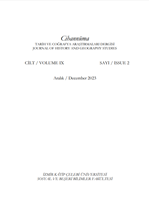
Since the early years of Islam, taxation has been considered a delicate issue. Zakah is ordered in the Qur'an as a religious duty for Muslims and its positive impact on the economy and society was also emphasized by Prophet Muhammad with his words and practices. During the reign of Caliph Abū Bakr, the Islamic army had a war with people who refused to pay zakah although they accepted to pray (salah). The determined attitude on this matter established a basis for the instutionalization of zakah in the following years. A similar policy on taxation was followed during the reign of Caliph Omar. However, in addition to the zakah, which is gathered from Muslims and the jizya from non-Muslims, Muslims established an economic order with the tribute tax (kharaj) after the conquests of Sawad region. In order to ensure the distribution of what is collected from the public to the public, the diwan system was established, and the economic relationship between the individual and the state was highly considered. The narrations confirm that the Caliph and the companions cared about establishing a just balance based on taxes between the individual and the state. And for this reason, they had even counted the lands captured by war as fay. However, in the following years, some problems arose related to mawālī, conversion and taxes, and this situation led people to dissatisfaction, especially the non-Arab people. The unfair practices which led people to join the ʿAbbāsid revolution and the reforms to correct the injustice by the Umayyads in the last period shows that the tax practice differed considerably from the early periods of Islam. By investigating tax from the last years of Umayyads to the ʿAbbāsids, this study aims to contribute to the theories on the economic reasons for the revolution besides the religious and social ones.
More...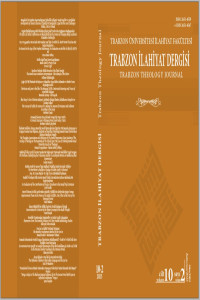
Eunuchs have been a significant type of slavery throughout history, dating back to the Middle Assyrian period as institutionalized employment. Their presence during the early Islamic years, including the Jahiliyya period, is mentioned in the chronicles. Ma’būr, of Coptic origin, was one of the slaves sent as a gift by Muqawkis (d. 21/642 [?]). Records indicate that he was the elder brother or uncle’s son of Māriya (d. 16/637). It is known that he faced slander and accusations from various sources due to his service to Māriya. It is important to note that there is limited information about him in the sources. Furthermore, his historical presence in the chronicles is primarily defined by his status as a eunuch. This article begins by examining Muqawqis’ dispatch of Ma’būr to the Prophet Muhammad and discuss an accusation against Māriya. It also explores castration as a physiological characteristic, with a focus on the narratives surrounding Ma’būr’s eunuch status.
More...
This article aims to discuss Yūsuf al-Qaraḍāwī, one of the contemporary scholars whose thinking is considered moderate but progressive, especially regarding social reality. However, in this paper the focus of the study is on his views on zakat.Using descriptive qualitative methods based on reference data written by Yūsuf al-Qaraḍāwī, the following views were found; (1) ambiguity in placing zakat as 'ibāda (ritual worship) or 'āda/mu'āmala (general transaction); (2) zakat is separated from its historical and socio-political context; and (3) zakat must be different from tax.In this article, it is found that Yūsuf al-Qaraḍāwī's view of zakat is dominated by theological interpretation, namely zakat as 'ibāda, so it is less dynamic when aligned with the taxation context. The sociological interpretation of zakat as the origin of taxation among Muslims tends to be ignored. His enthusiasm for differentiating zakat and taxes makes him less consistent in drawing out the common thread between zakat and taxes. However, there is something unique, Yūsuf al-Qaraḍāwī's thoughts regarding zakat have become a reference for many zakat and endowment institutions in Indonesia.
More...
Developing reflective thinking in Female students Fourth-row Preparatory School in the Holy Quran and Islamic education. To achieve this goal, the hypothesis was formulated as Oh Zero. The following two: There are no statistically significant differences at the significance level (0.05) between the average scores of the female students in the group the Experimental Of those whom Y They studied Subject: The Holy Quran and Islamic education. The average grades of female students the Control group of those whom Y They studied Subject: The Holy Quran and Islamic education for method Traditional in Developing reflective thinking. Harmony Community Search present from Schools High school And middle school Daytime Governmental Affiliate For the directorate Public To raise The third Karkh For the year Academic2023/ 2024The research community consisted of (2548) female students. I chose intentionally(High school The Lights For Girls)To be a sample Search To apply Experience and I adopted a tool Search The represented With(a test Thinking Contemplative)For a substance The Qur’an The generous one And education Islamic a test(Mohammed,2017)And the component from(20)paragraph, from type choice from Multiple, It was completed Make sure from Believe it And its stability from during Show it on group from Arbitrators Their number is large(16)An arbitrator in the educational and psychological sciences. All paragraphs were calculated The two types of honesty coefficient (face validity and construct validity), as for Stability has been calculated In two ways : Analysis method Contrast using equation Qudr-Richardson(20)Which You measure bezel Consistency Internal For periods Testing And he found that Stability coefficient Testing It equals(88,0), as It was completed account Factories Constancy In a way Retail Midterm using equation Spearman-Brown So he reached Factories proof(0,82)And he Factories stability High used means Statistics The represented With(square Kay , Testing Al-Tai Damn Independent , equation Factories Difficulty And discrimination , equation effectiveness Alternatives wrong , Factories Link Duo Bullet , equation QudrRichardson(20), equation Cohen , square Eta To extract body Impact)And after to treat Data Statistically showed Results May come: excel performance Female students Group empiricism who In developing reflective thinking on Female students Group The female officers who studied on according to method Traditional. In light of the research results, it was presented! A set of recommendations and proposals, the most important. of which are the following: Conclusions: development Thinking Contemplative I have Female students group empiricism more from method Traditional. Recommendations: 1-Including exam questions for the final and unfinished levels in the Holy Quran and Islamic education. 2-Inclusion Curricula material The Qur’an The generous one and education Islamic in Colleges Education, strategic steps, draw your ideas.
More...![Al-Siraj Al-Wahhaj Fi Qissat Al-Isra Wa Al-Mi'raj by Imam Shihab Al-Din Al-Qalyubi (D. 1069 AH) Study and Editing, From Page [53/B] To [54/A]](/api/image/getissuecoverimage?id=picture_2024_84585.png)
This research aims to study the book "Al-Siraj Al-Wahhaj fi Qissat Al-Isra wa Al-Mi'raj" by its author Abu Al-Abbas Shahab Al-Din Al-Qalyubi. The study includes content from page [53/b] to [54/a], which outlines the third ascension represented by the meeting of our Prophet Muhammad (peace be upon him) with Joseph the Just, the eleventh son of Jacob. He is described as having beauty and grace, being one of the most renowned figures in the Quran and the Torah. The author also mentioned occasions of his meeting in the third heaven, corresponding to events in the third year of Hijra, including: the conspiracy of his brothers against him and his being thrown into the well, which parallels the Quraysh's conspiracy to kill the Messenger and throw him into a pit. I relied on the methodology of scholars specialized in this field for the investigation, and may Allah grant us success in presenting it in a satisfactory and acceptable manner.
More...
Islamic Finance Transformation through analysing the role of musyarakah financing and Islamic microfinance in enhancing Islamic investments in Indonesia has become an important focus to achieve the Sustainable Development Goals (SDGs). This study explores the role of Islamic financial instruments in facilitating investments that not only prioritise financial returns but also social and environmental outcomes. The method used is Fully Modified Ordinary Least Squares (FMOLS) to analyse time series data from 2015 to 2023. The research variables used are Islamic investment, musyarakah financing and Islamic microfinance. The results showed that musyarakah financing has a significant influence on the growth of Islamic investment, thus contributing to poverty alleviation (SDG 1) and increasing financial inclusion (SDG 8). In addition, Islamic microfinance is proven to be effective in empowering the local economy and creating jobs. These findings confirm the importance of Islamic finance integration in sustainable development strategies and offer innovative solutions to complex global challenges.
More...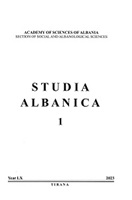
On 16 march 2023, in the framework of the Centenary of the Congress of Tirana and the proclamation of the independence of the Albanian Muslim Community, a special event was hosted in cooperation between the Academy of Sciences of Albania and the University of Naples “L'Orientale”. On the occasion of this significant day in the history of the Albanian Muslim Community, Professor Roberto Tottoli held the academic lecture “Kur’an-i, the Holy Scriptum of Islam and Islam in Europe”.
More...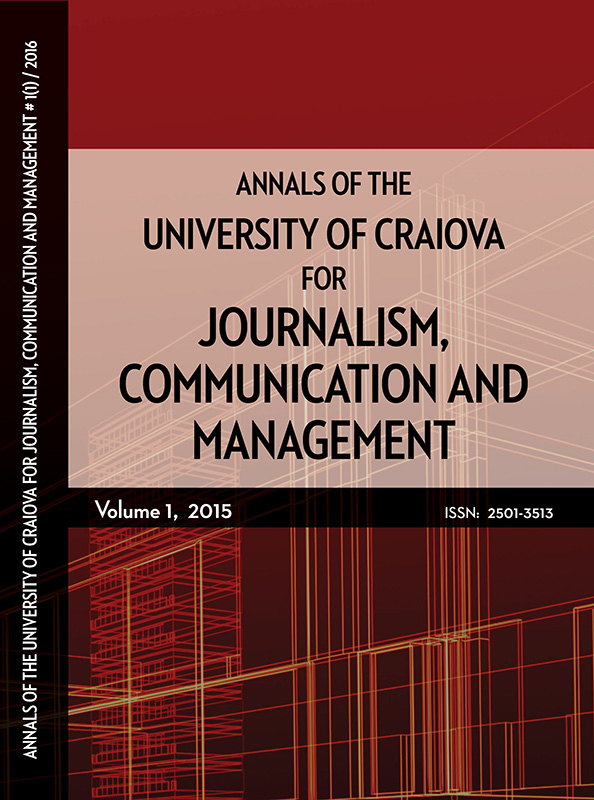
Traditional markets are one of the heart of the community’s economy. This study aims to examine how traditional markets in Imam Al-Ghazali’s Islamic economic perspective. The method in this research is a descriptive analysis in the form of library research using a qualitative research approach. In this study, used secondary data obtained from previous research studies and other literature with similar research topics. From this research, the results of the study are as follows. Traditional Market is a market that is built and managed by the Government, Regional Government, Private, State-Owned Enterprises and Regional-Owned Enterprises including cooperation with the private sector with business premises in the form of shops, booths and tents owned/managed by small, medium, and non-governmental traders. or cooperatives with small-scale businesses, small capital and with the process of buying and selling merchandise through bargaining. Al-Ghazali in building the economy, especially in market economic issues, departed from the principles of monotheism, the hereafter, and treatises. From this principle, the multidimensional goals of economics are built. Not only aims to be material oriented but also in order to achieve spiritual satisfaction.
More...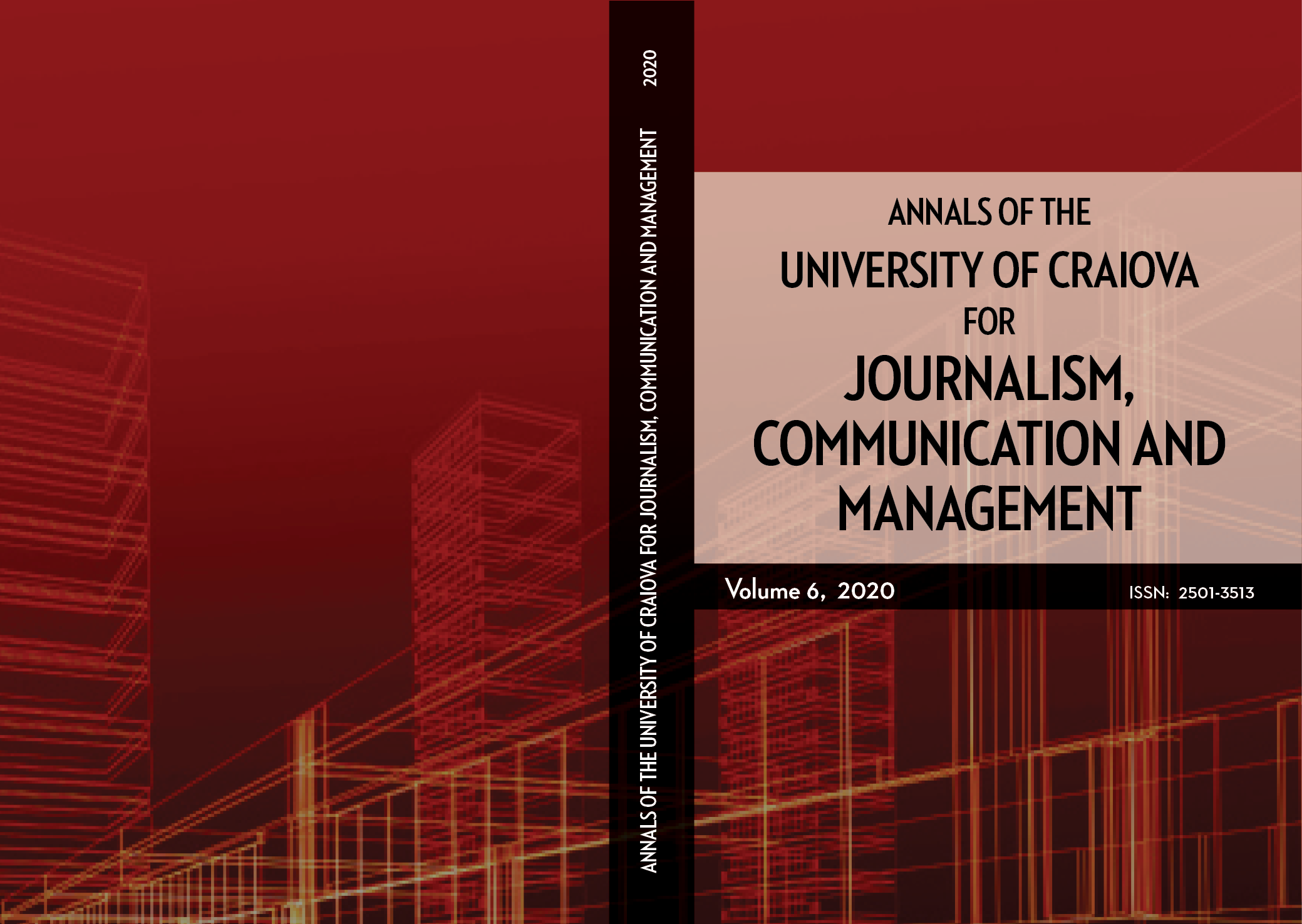
The purpose of this research is to provide an in-depth description of the business management carried out by the Prophet Muhammad. The research method that has been used in collecting and analyzing the data of this research is qualitative with the type of literature review whose main sources are books and journals related to the business management of the Prophet Muhammad. The results of this literature study suggest that the Prophet Muhammad taught his ummah to be successful in running a business by expecting four main traits namely shidiq, amanah, fathanah, and tabligh. These four traits also apply in carrying out all activities of life in the world. This is what makes the Prophet Muhammad the most perfect human being, and a role model for humanity. In modern times, when all technology is growing rapidly, a businessman should ideally be able to manage his business better because it is supported by various facilities that are more adequate than in the time of the Prophet Muhammad. The implications of the research findings regarding the life of the Prophet Muhammad in business management which is full of Islamic values can make an example for all mankind so that they can be successful with the radiance of commendable morals in business.
More...
The Almighty God has given many and great blessings to the sons of Adam, by including that of clothing. This, to protect them from heat and cold, as well as to be an ornament and a garment to cover their bodies, according to Allah’s saying in the Quran: ْ َ َ َُ ً َ ْ ِ ِ ُ ُ ْ ْ َ ʮ بني آدم قد أنزلْنا عليكم لباسا يـواري سواطكم ِ ِ ً وريشا َََ َ َ َ ْ َ َ ِ َ “O sons of Adam, We created for you garment that covers your modesty and a garment ornamental”. Therefore, man should preserve the prosperity that God Almighty has given him, by respecting the rules that come from Allah’s law. Islamic legislation allows men and women to adorn themselves, especially with clothing, but at the same time it has also made some restrictions, including the prohibition of some types of clothing for both men and women, and specifically some more just for men, always as a sign of devotion to the Almighty God. He allowed some things and forbade some others, not to limit the people, but to keep them within limits and order in the universe. This, because God Almighty is Wise in His commands and prohibitions. He does not command except what is in the interest of man, and He does not forbid except that which is harmful to them. The wisdom of these ordinances and prohibitions can be shown to His creatures or it may not appear to them. Therefore, the issue of clothing in Islam, meaning here that of women and men, is important in the legislation of Islam. Jurists have paid special attention to it by defining whole chapters for it it's rules. In the following, we will focus on clarifying the provision of mean wearing silk.
More...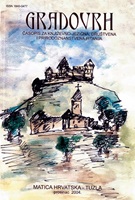
Unatoč činjenici što živim u susjedstvu s muslimanima - vrata do vrata - reklo bi se, što s njima razgovaram, privatno i javno, što sam slušao i čitao, na okruglim stolovima sudjelovao, govorio i pisao o nekim pitanjima islamske religije ( na pr. : Politika na islamski način, Isus - most između muslimana i kršćana, Religija u mahrami; članci objavljeni u knjizi: Fra P. Anđelovič, Stvarnost(i) okom vjernika, Rabic Sarajevo, 2004.), s tugom izjavljujem da se ne mogu ubrojiti u poznavatelje te vjere i onih koji je prakticiraju. Još me tužnijim čini jedna druga činjenica, što, naime, rijetko susretnem nekoga iz drugih nacionalnih ili vjerskih zajednica, koji bi se mogao pohvaliti nekim posebnim poznavanjem islama. Svi se ustave na površini, na općim mjestima, na pričama neuvjerljivog (sumnjivog) sadržaja, na informacijama iz druge (ili desete) ruke, koje više zamagljuju nego što osvjetljuju islamsku vjeru. No, nije to slučaj samo s inovjernicima i nevjernicima, nego i sa samim našim muslimanima. Za mnoge od njih se može reći, da vjeruju a ne znaju što vjeruju, važnim im postane neka arapska riječ ili citat iz časnog Kur'ana, izvanjsko vršenje obreda, a rijedak je slučaj da bi bili u stanju izreći bit svoje vjere. Takva je naša situaciju, situacija u Bosni i Hercegovini. Ima li tomu lijeka?
More...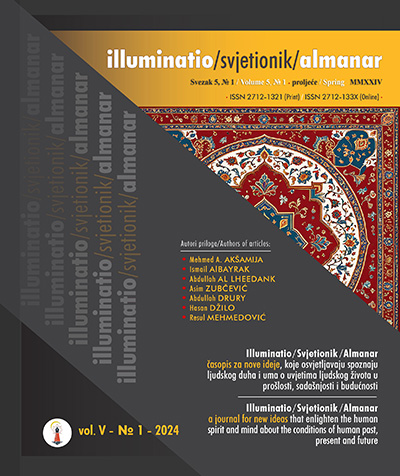
Today we do not suffer from a crisis of the mind as was the case in the past, but today we suffer from a heart crisis and its cause is the psychological disturbance that results from the feeling of distress or impotence that affects the individual. Heart suffers an acute crisis that manifests itself in its inability to inject enough love into the human mind. There is a lack of love, a lack of confidence, a lack of faith, a lack of honesty, a lack of ethics, a lack of determination, a lack of brotherhood, and a lack of friendship. The human heart today is moving towards losing the touch of the divine spirit; While the mind is constantly trying to impose its control. But the mind is not able to possess everything, because it is incapable of being a substitute for the heart; the mind will never recognize the delicate heart feeling, because the mind does not possess the mercy that the heart possesses, also the heart does not have the reason that the mind has; to justify evil.
More...
The aim of this discussion is to partially shed light on the challenges and problems encountered by the Torbeši (Pomak) identity in the Balkans from the creation of the nation state until today. It is an ethnic identity inhabited in Macedonia, Bulgaria, Albania, Greece and Kosovo. They speak of the Torbeši, the Pomaks and the Gorani, as three branches of one identity, the substrate of which, according to Macedonian and Bulgarian researchers, is linked to the worship of God. As it is mostly inhabited in Macedonia and Bulgaria, all researchers believe that it is a sub-Macedonian or sub-Bulgarian ethnicity, motivated by nationalist and ethnocentric prejudices that led, and still lead today, to its stratification, which has different effects on its self-identification. Its stratification is also present in the multi-party arrangement of political life in Macedonia under the influence of political parties and their national agenda due to statistical data or quotas on which the integration into state institutions depends. This is a population that is not in the preamble of the Constitution of Macedonia, although it is after Albanians and Macedonians in terms of numbers, unlike, for example, Turks, Roma, Serbs, Bosniaks and Vlachs, whose number is significantly smaller. This position greatly contributes to their declaration as Albanians, Macedonians and Turks, depending on the environment in which they live. However, one part of the last census declared itself Torbeši. Despite these Torbeši affiliations, due to political and economic reasons, they are still Torbeši in their self-awareness and in the consciousness of those with whom they equate, because they recognize them as such throughout the time they share a common living space.
More...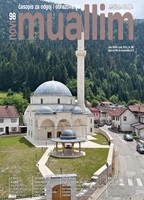
Bosanska Krajina at present has over fifty hafizes, this number testifies that the tradition of hifz in this region of Bosnia and Herzegovina is well preserved. Even in the period before the Second World War Krajina had a significant number of hafizes who served as imams, muderrises and teachers in madrasas in Krajina or as muftis. This article presents Mufties of Bihać, hafizmuderrises in Bihać and Cazin madrasas, active schools of Qur’an in Bosanska Krajina as well as prospects and challenges of studying hifz today. Keeping in mind the number of living hafizes at present, the infrastructure available to future hafizes and the relentless efforts of muhafizes we may conclude that the study of hifz in Bsanska Krajina today is quite remarkable.
More...
This article analyses the diplomatic correspondence of the Messenger of Allah, s.w.s. with the heads of states of his time and his principles of communication. Through several different examples, the manner in which Muhammad s.w.s. used to establish communication with various heads of state is analysed here. It studies his strategy in establishing contacts, evaluating the authenticity of documents, and choosing his ambassadors for the mission, in his correspondence with the kings of Abyssinia, Persia, Byzantine and Egypt, which reflects respect and subtleness in his call to the faith and the Tawheed. Finally, the article derives conclusions deducing the basic principles of Messinger’s s.w.s. correspondence from the beginning to the end of the letter, his stress on the essence of Islam, showing respect, and highlighting the similarities of faiths as a main cohesive factor.
More...